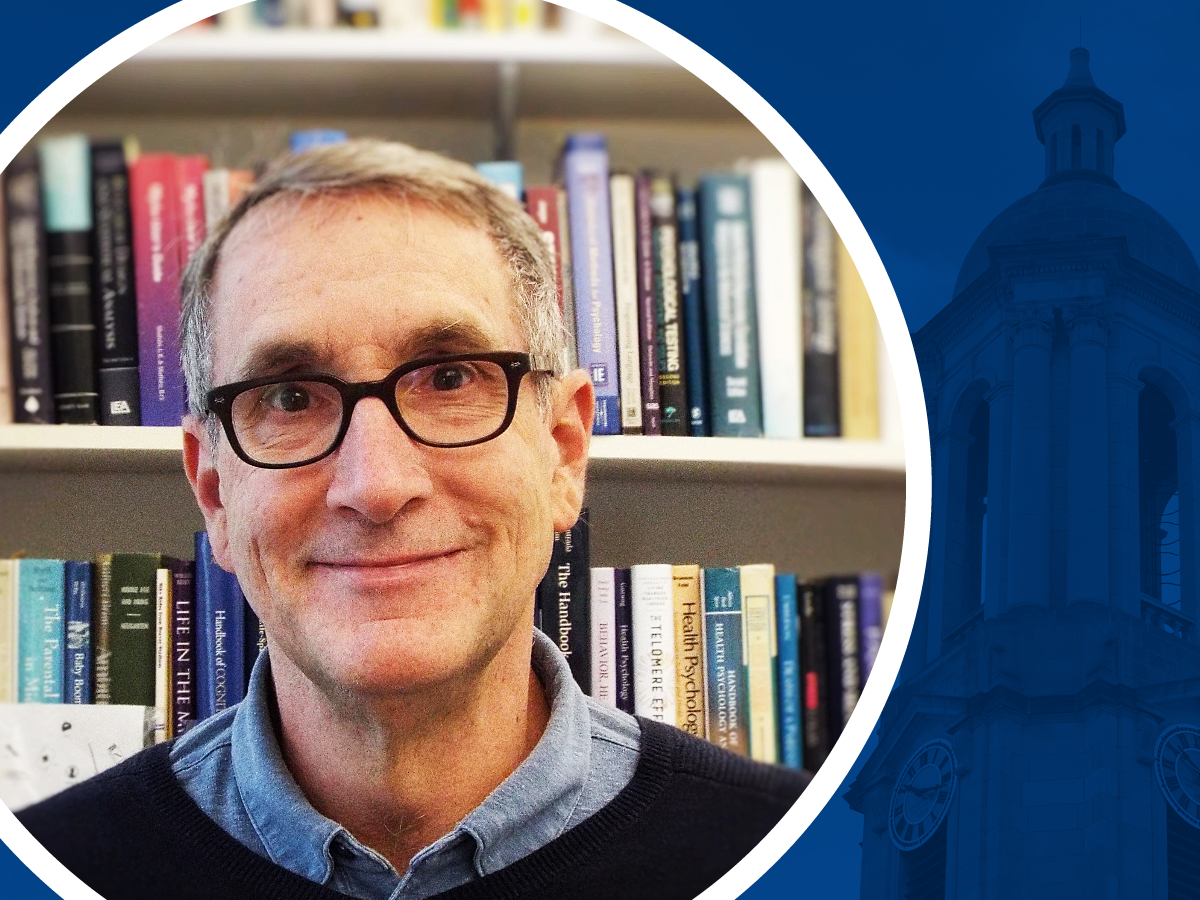Aging (7) Alzheimer’s Disease (5) Biobehavioral Health (2) Center for Healthy Aging (8) Center for Social Data Analytics (1) College of Health and Human Development (6) College of Medicine (1) College of the Liberal Arts (1) COSSA (1) CSUA (1) Education (1) Faculty Information (1) Food Security (1) Funding (1) Geroscience and Dementia Prevention Consortium (10) Huck (1) Human Development and Family Studies (4) Loneliness (1) Nutrition (1) Nutritional Sciences (1) Open Access Research (1) PRI Associate (1) Sleep (1) Social Science (1) Survey Research Center (2)
Chronic loneliness may harm cognitive health in young adults
Young and middle-aged adults who live with chronic loneliness may be at risk for early cognitive decline, according to a new study by researchers in the Penn State Department of Human Development and Family Studies. In a study published in BMC Public Health, the researchers demonstrated that young…
Penn State social scientists support federal research funding at COSSA Day
A distinguished delegation of Penn State researchers traveled to Washington, D.C., March 24-25, to participate in the annual Consortium of Social Science Association's (COSSA) Social Science Advocacy Day. The event brought together social and behavioral scientists from across the nation to engage…
Recurring food insecurity linked to unhealthy weight changes in older adults
For every year that an adult aged 65 or older experiences food insecurity, they become more likely to undergo unhealthy weight changes associated with earlier death, according to a new study by researchers in the Penn State College of Health and Human Development. The research team examined the…
$3.1M grant to fund study on early signs and diagnosis of Alzheimer's disease
A four-year, $3,148,346 National Institute of Aging (NIA)-funded project aims to use computational models and psychology to study the early signs of Alzheimer’s disease and other dementias (ADRD) that may appear approximately 20 years before an official diagnosis, according to Zita Oravecz,…
David Almeida to receive Gerontological Society of America Kleemeier Award
David Almeida, professor of human development and family studies at Penn State, has been selected as the 2023 recipient of the Robert W. Kleemeier Award, awarded by the Gerontological Society of America (GSA), the nation’s largest interdisciplinary organization devoted to the field of aging. The…
$3.6M to fund study on long-term physical activity to reduce Alzheimer’s risk
Penn State College of Medicine researchers are exploring a new way to keep people physically active long term, and in doing so, they said they hope to prevent the development of Alzheimer’s disease and other neurodegenerative diseases. With a $3.6 million, two‑phase grant from the National…
Almeida Earns GSA’s 2023 Robert W. Kleemeier Award
The Gerontological Society of America (GSA) — the nation’s largest interdisciplinary organization devoted to the field of aging — has chosen David Almeida, professor of human development and family studies at Penn State, as the 2023 recipient of the Robert W. Kleemeier Award. This distinguished…
Advance care planning project co-led by College of Medicine expands scope
The Project Talk Trial, a national study of two advance care planning interventions in underserved communities, will soon expand its reach to include individuals with mild cognitive impairment and those at risk for Alzheimer’s disease and its related dementias. Hospice Foundation of America (HFA)…
New funding will continue research to address Alzheimer’s disease and dementia
Researchers on the Einstein Aging Study work to better understand cognitive aging, Alzheimer’s disease, and related dementias. A new $32 million grant from the National Institute on Aging will allow an interdisciplinary team of researchers from Penn State, the Albert Einstein College of Medicine,…
Penn State establishes the Geroscience and Dementia Prevention Consortium
There is growing evidence that cognitive decline and dementia can be slowed. According to a recent report commissioned by the Lancet, an estimated 40% of dementia cases could be prevented or delayed by targeting modifiable behavioral, physical health, and psychosocial risk factors. There are also…









